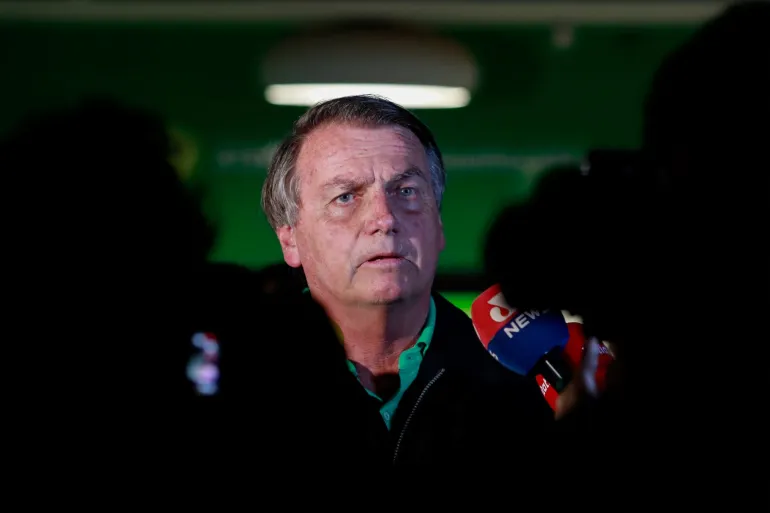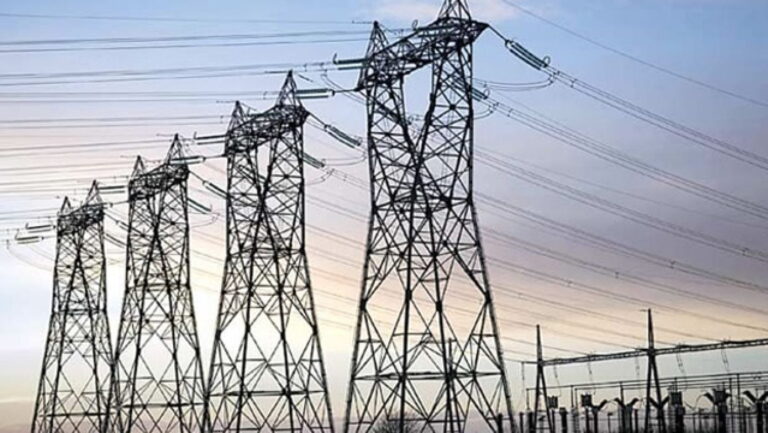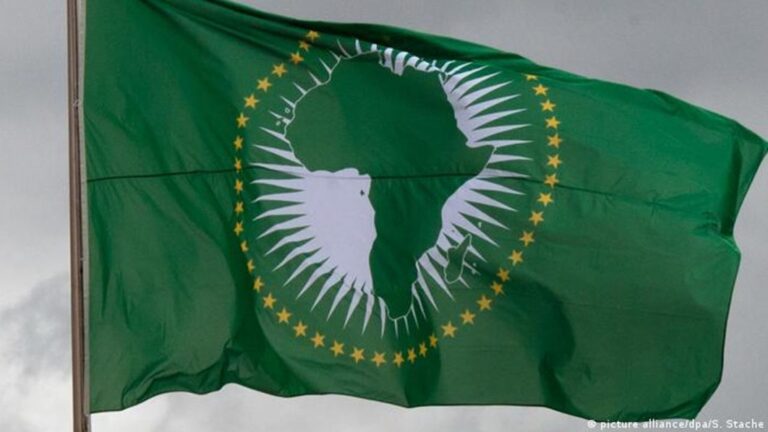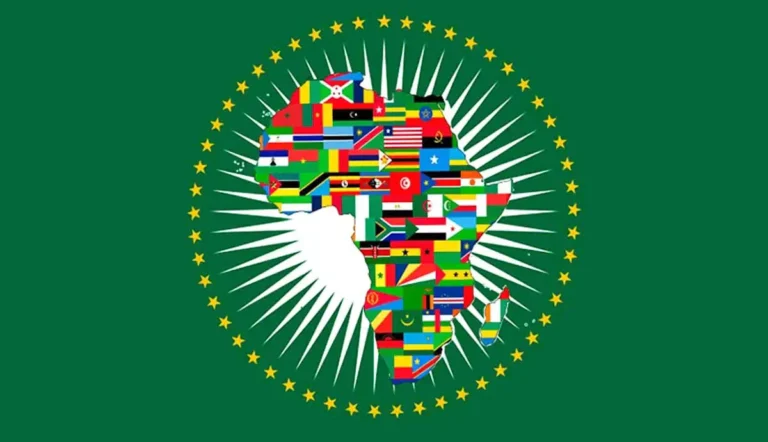
The conviction and legal battles of Brazil’s former presidents Lula and Bolsonaro have turned courtrooms into stages where the nation’s democracy is tested. Headlines announcing verdicts against two of Brazil’s most influential leaders read like political thrillers: corruption, annulments, disinformation, and threats to democracy. For Brazilians, the question remains—are these trials a triumph of accountability or a dangerous cycle of political revenge?
The conviction and legal battles of Brazil’s former presidents Lula and Bolsonaro embody two very different political journeys. Luiz Inácio Lula da Silva rose from poverty to become a champion of the working class and a global leftist icon. His presidency lifted millions from poverty through social programs like Bolsa Família, yet his legacy was overshadowed by corruption charges linked to the sweeping Operation Car Wash scandal. In contrast, Jair Bolsonaro’s rise was built on right-wing populism, nostalgia for military rule, and promises to clean up corruption. His leadership, however, brought accusations of undermining democratic institutions, spreading misinformation during the pandemic, and abuse of political power.
The turning point in the conviction and legal battles of Brazil’s former presidents Lula and Bolsonaro came in the courtroom. For Lula, prosecutors alleged he benefited from bribes and luxury renovations tied to construction companies seeking government contracts. He was convicted and imprisoned in 2018, only to see Brazil’s Supreme Court annul his convictions in 2021, citing judicial bias. That annulment cleared his path for a dramatic political comeback in the 2022 election, which he narrowly won. For Bolsonaro, investigations continue into his role in spreading electoral disinformation, mishandling COVID-19, and abuse of political power. In 2023, Brazil’s electoral court barred him from running for office until 2030, a judgment that reshaped the country’s political landscape.
Reactions to the conviction and legal battles of Brazil’s former presidents Lula and Bolsonaro have polarized the nation. Lula’s supporters insist his prosecution was a politically motivated attempt to derail the left. His opponents argue that his annulment was a technicality and that corruption stains his legacy. Bolsonaro’s backers see his legal troubles as persecution by political elites intent on silencing him. His critics, however, view the rulings as long-overdue justice against a leader accused of weakening democracy. Protests, rallies, and fiery media debates reflect how deeply these cases divide Brazilian society.
The impact of the conviction and legal battles of Brazil’s former presidents Lula and Bolsonaro extends far beyond individual verdicts. On democracy, the trials show that no leader is above the law, a vital principle in a young democracy still haunted by memories of dictatorship. Yet the perception of selective justice risks eroding public trust in institutions. On politics, these cases reshape alliances. Lula’s Workers’ Party has regained momentum, while Bolsonaro’s political future remains uncertain, reshuffling Brazil’s electoral map. On the global stage, Brazil’s willingness to prosecute powerful figures boosts its image as a country confronting corruption—though critics abroad also warn of political vendettas disguised as legal accountability.
Placing the conviction and legal battles of Brazil’s former presidents Lula and Bolsonaro in global context shows that Brazil is not alone. South Korea imprisoned former president Park Geun-hye for corruption. South Africa’s Jacob Zuma faced jail time for defying a corruption inquiry. France’s Nicolas Sarkozy was convicted for corruption and influence-peddling. In each case, nations wrestled with the balance between justice and political score-settling. Brazil’s trials now join this international narrative of accountability at the highest level.
At the heart of the conviction and legal battles of Brazil’s former presidents Lula and Bolsonaro lies a symbolic struggle. In one scene, Lula walked free from prison to crowds chanting his name, embodying resilience and comeback. In another, Bolsonaro’s supporters stormed government buildings in Brasília in 2023, echoing America’s January 6th, a reminder of how his rhetoric continues to polarize. Each moment underscores the stakes: Brazil is not only trying its leaders in court but also testing the strength of its democracy.
The conviction and legal battles of Brazil’s former presidents Lula and Bolsonaro leave Brazilians asking: is this accountability or political warfare? Supporters of both men feel justice has been weaponized. Yet for many citizens, the trials are a painful but necessary step in a democracy’s maturation. If institutions can hold even former presidents accountable, Brazil may emerge stronger. If they are seen as partisan tools, divisions may deepen.
As Lula governs once again and Bolsonaro fights to stay politically relevant, the conviction and legal battles of Brazil’s former presidents Lula and Bolsonaro are far from over. They represent not just personal sagas but also Brazil’s ongoing reckoning with corruption, polarization, and its democratic future. The closing image is powerful: one ex-president celebrating a comeback, another facing bans and investigations. The nation stands at a crossroads—whether these trials will heal Brazil’s democracy or fracture it further remains to be seen.



